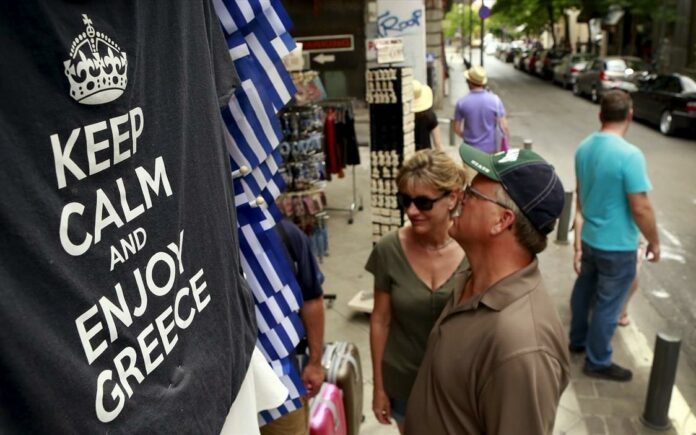Recent geopolitical developments in Greece’s “surrounding neighboring” are deemed to have negatively affected the tourism outlook for the current season, according to a report by the Association of Greek Tourism Enterprises (SETE).
SETE was referring directly to last month’s coup attempt in neighboring Turkey and the subsequent crackdown by the Erdogan-dominated government and administration. Moreover, the prospect of another flare-up in the refugee / migrant crisis wasn’t ruled out in the wake of the Turkish political instability.
The sector grouping said the coup attempt would negatively affect tourist arrivals to Greece and overall tourism-related revenue. Arrivals of Turkish tourists to Greece in 2015 reached an impressive 1.15 million.
Northern Greece is expected to bear the brunt of the losses, although any increase from cancellations in Turkey in favor of Greek destinations is expected to be small scale.
Looking into the near future, a rapprochement in Russo-Turkish relations is expected to normalize Russian tourist arrivals to Turkey in 2017, which will dramatically increase competition for the Russian market interested in east Mediterranean holidays.
In terms of figures, arrivals by air increased in June 2016 by 5 percent at regional airports around the country, with the Athens International Airport showing a marginal increase of 0.5 percent. In H1 2016, the same figures were up by 5.3 and 4.2 percent, respectively.
On the down side, tourists arriving in Greece by car decreased of 9 percent for June 2016; 7.4 percent for the year so far. In absolute terms, 278,000 more tourists arrived by air in 2016, while 337,000 less was recorded in terms of tourist arrivals by car.
Finally, a handful of eastern Aegean islands that were the “preferred destinations” of hundreds of thousands of third country nationals being smuggled onto Greek territory by smugglers operating in Turkey suffered badly on the tourism front.
Tourist arrivals on Lesvos, for instance, were down 63.2 percent in the first half of the year; 39 percent for Samos and 17.9 percent for Kos.














